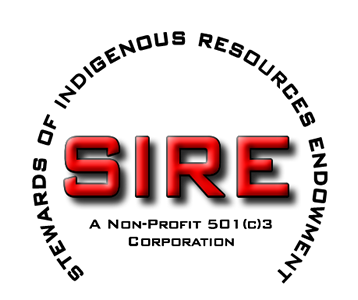







Often families struggle with a loss of a loved one where there hasn’t been any planning. At minimum, this lack of planning costs the family more money than proper planning up front would have. At worst, families can be ripped apart in the fight over the right thing to do or are left bereft of assets they need to make ends meet. One reason that people do not do an estate plan is that they think that they don’t have enough of an estate to make it worthwhile. This is a major misconception. Families with lots of money can afford to waste some of it in unnecessary court proceedings. Families without a lot of money cannot! The test of whether you need an estate plan is whether you answer yes to any of the following questions:
A good estate plan will have two components. First, the disability plan spells out who will make decisions if you become disabled, what decisions you want made, and how you and your family will be cared for. Second, the death planning spells out how your bills will be paid, your assets divided, and your loved ones cared for when you die.
Perhaps the single most important decision parents of minor children must make in creating an estate plan or updating an estate plan is deciding who they want to take physical custody of their children if they should die. This person can be the same person or a different person than the one who is selected to care for the child’s finances.
A will is a legal document that accurately sets forth the disposition of one’s property/estate upon his/her death. It is only effective after the death of the person who wrote it. At any time before death, the person may still give away or sell his/her property.
A will allows you to:
A will can be changed any time before death. A new will can be written to replace and revoke the old one. A “codicil” (an addition to a will that may change a gift or add a beneficiary) can be used to change just part of your will. All of these can be done by consulting the proper legal authority.
A will may need to be updated or changed if, after the will is written:
An Advance Heath Care Directive is a directive to withhold or provide treatment in the event your health condition becomes such that death is imminent, or you are in a persistent vegetative state, and the application of life-support would only artificially prolong your life
A Durable Power of Attorney allows you to appoint someone to act and make financial decisions on your behalf in the event you become incapacitated or disabled. Temporary custody for children and pets can also be appointed.
A Durable Power of Attorney for Health Care allows you to give full power and authority to make health care decisions on your behalf in the event you become incapacitated or disabled.
Advance Health Care Directive
Durable Power of Attorney and Durable Power of Attorney for Health Care
SIRE’s business model is competition inclusive and SIRE strives to collaborate with the legal community providing estate planning resources to Indian Country. Because of its narrow scope, SIRE can be a vehicle utilized by public service organizations, like the Institute, or law firms with Indian law interest, to facilitate their objectives and goals in providing legal education and assistance to Native American Indian people resulting in Indian community members making informed decisions about their property rights.
The success of SIRE is measured by Keeping Tribal Lands in Members Hands. The matrix of success includes:
Upon an established relationship with the Indian Nation, SIRE offers free Indian Wills for federally recognized Native American Indians. Free consultation is also available to determine the client’s estate planning needs and an opportunity to make sure our attorney is a good match for you and your family.
Website development by Freer Designs